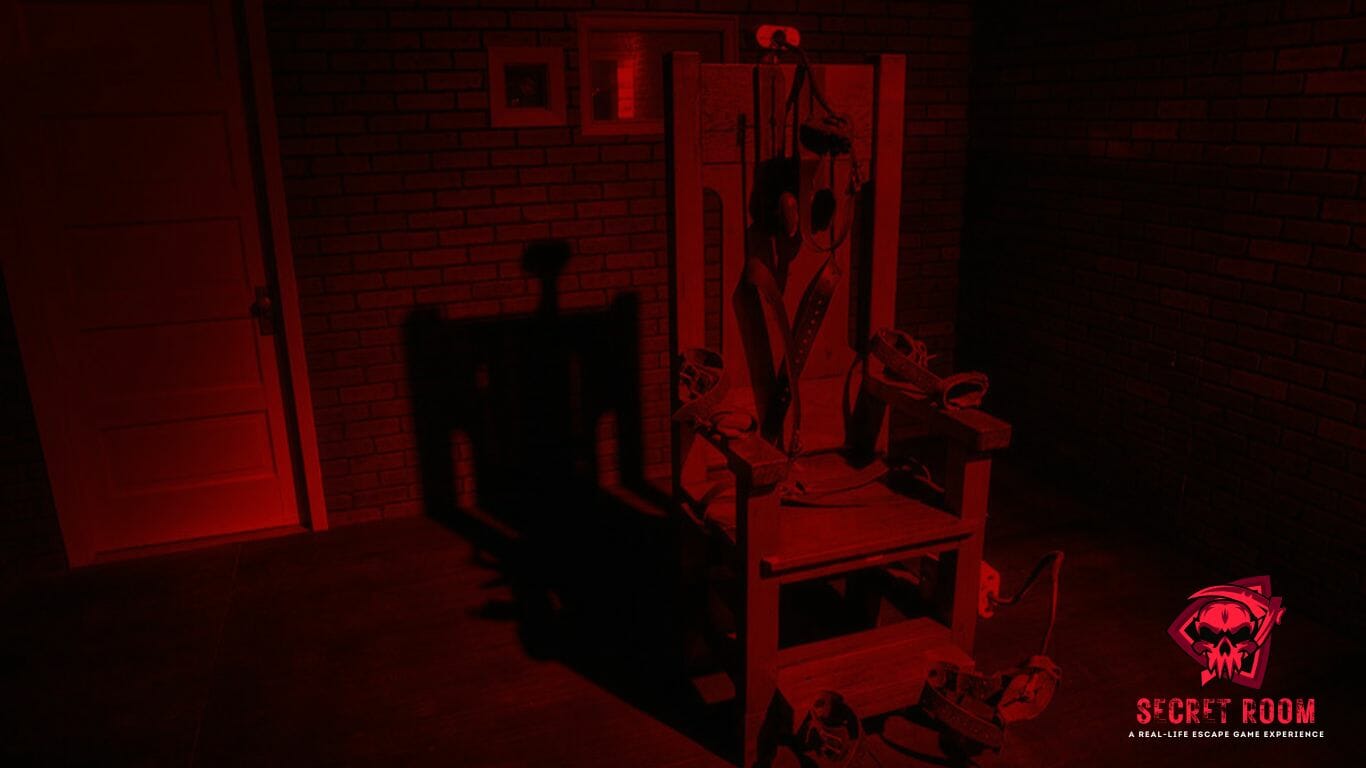Are you a fan of puzzles, mysteries, and adventure? If so, then you’ve probably heard of “Escape the Room” games. These thrilling real-life experiences have taken the world by storm, offering participants an opportunity to immerse themselves in a captivating scenario and work together to solve puzzles, find clues, and ultimately escape the locked room before time runs out. In this blog post, we’ll explore the exciting world of Escape the Room games, the challenges they present, and the sheer joy of beating the clock and breaking free.
What is an Escape the Room Game?
An Escape the Room game is a physical adventure game in which players are locked inside a themed room and must use their wits, problem-solving skills, and teamwork to decipher clues, solve puzzles, and unlock various locks to escape the room within a set time limit, usually 60 minutes. These games are often designed with intricate storylines and intricate puzzles that keep participants engaged and on their toes throughout the entire experience.
The Rise of Escape the Room Games
The concept of Escape the Room games originated in Japan and quickly gained popularity worldwide. Today, you can find Escape the Room venues in major cities across the globe. These games offer a unique form of entertainment that combines elements of mystery, strategy, and camaraderie. Participants are drawn to the challenge of escaping the room while enjoying the thrill of the unknown.
How to Beat the Clock and Break Free
Escaping an intricately designed room may seem like a daunting task, but fear not! With some clever strategies and a keen eye for detail, you can improve your chances of success. Here are some valuable tips to help you beat the clock and break free:
-
Communicate Effectively: Good communication is the key to success in Escape the Room games. Keep your team informed about the clues you find, and listen to their ideas and observations. Working together as a cohesive unit will significantly increase your chances of escaping.
-
Stay Organized: With the clock ticking, it’s easy to become overwhelmed. Stay organized by grouping related clues together and keeping track of which puzzles you’ve solved. This will prevent unnecessary duplication of efforts and save precious time.
-
Think Outside the Box: Escape the Room games are designed to challenge your problem-solving abilities. Don’t be afraid to think creatively and consider unconventional solutions. Sometimes, the most unexpected items or clues can hold the key to your escape.
-
Use Your Resources Wisely: Some Escape the Room games allow players to ask for hints or clues from the game master. While it’s essential not to overuse this option, don’t hesitate to ask for help if your team is stuck. Game masters are there to enhance your experience and ensure you have a good time.
-
Maintain a Positive Attitude: Even if you encounter setbacks, keep a positive attitude. Frustration can hinder progress, so approach each challenge with determination and enthusiasm. Remember, it’s all about having fun!
Thrilling Excitement and Cognitive Benefits
Engaging in escape room activities is more than just entertainment. The rush of adrenaline, coupled with the mental acrobatics required to decipher clues, offers a unique and unforgettable experience. Studies have shown that these brain-teasing adventures can enhance problem-solving skills, critical thinking, and lateral thought processes.
Mastering the Art of Escape
To conquer an escape room, participants need more than luck. Effective communication, teamwork, and time management are key to unlocking the secrets and mysteries hidden within. We’ll provide expert tips and strategies to boost your chances of emerging victorious.
The Bonding Power of Escape Rooms
Escape rooms aren’t only about winning; they are also about fostering strong bonds among participants. Whether it’s a family outing, corporate team-building event, or a date night with your partner, escape rooms create lasting memories and strengthen relationships.
The Psychology Behind the Thrill
Delve into the psychology of escape rooms and learn why we find the challenges so addictive. From the thrill of the unknown to the sense of achievement upon escape, understanding the psychological impact of these experiences adds to the intrigue.
FAQs
Q: What skills are essential for succeeding in escape rooms?
A: Successful escape room participants rely on effective communication, problem-solving abilities, attention to detail, and the ability to think outside the box.
Q: Are escape rooms suitable for all age groups?
A: Escape rooms are designed to cater to a wide range of ages, but some rooms may have themes or content that are not suitable for young children.
Q: Can I participate in an escape room alone?
A: While it is possible to attempt an escape room solo, the challenges are better suited for groups, as teamwork enhances the overall experience.
Q: Are escape room experiences repeatable?
A: Many escape rooms offer multiple themes, making them enjoyable for both first-time visitors and repeat players seeking fresh challenges.
Q: Are escape room puzzles solvable for everyone?
A: Escape room puzzles are designed to be challenging but solvable. Game masters are available to provide hints if participants get stuck.
The Unforgettable Experience of Escape Rooms
escape rooms offer a captivating and unforgettable experience that engages both the mind and the spirit of adventure. The thrill of racing against time, the joy of cracking intricate puzzles, and the camaraderie formed through teamwork make escape rooms a truly unique and fulfilling form of entertainment. So, the next time you’re looking for an exciting adventure, gather your friends, family, or colleagues and take on the challenge of escaping the room together!


